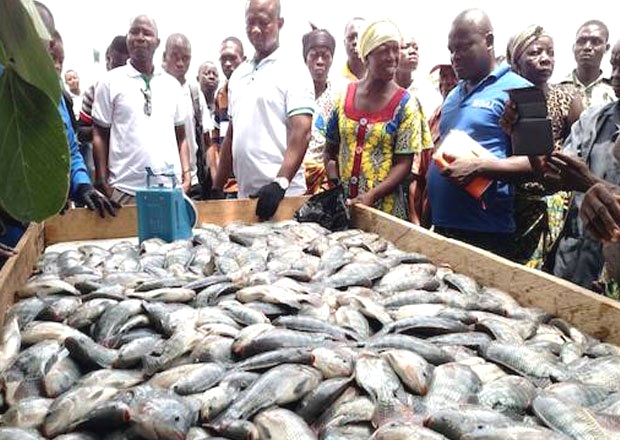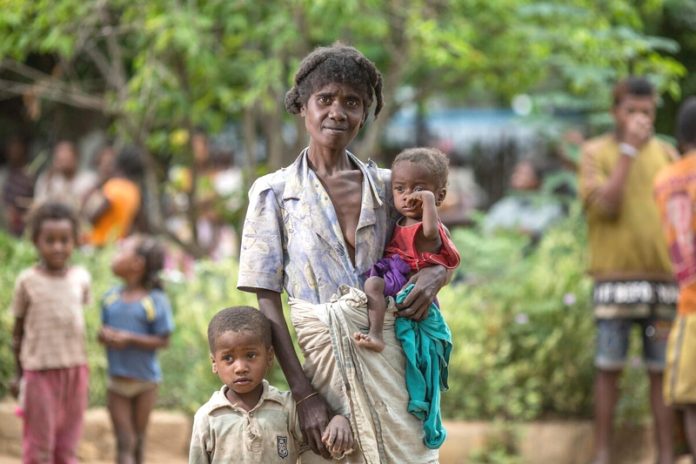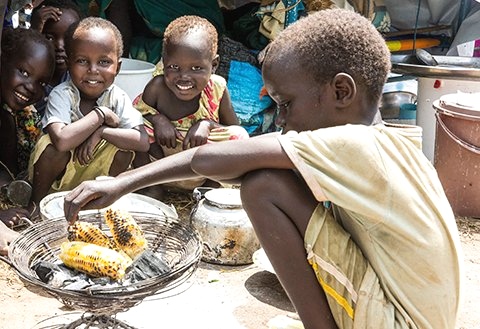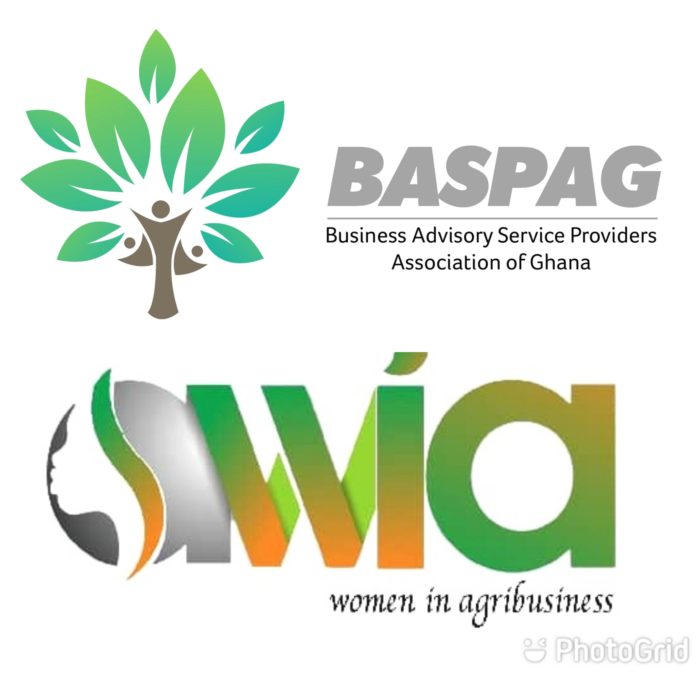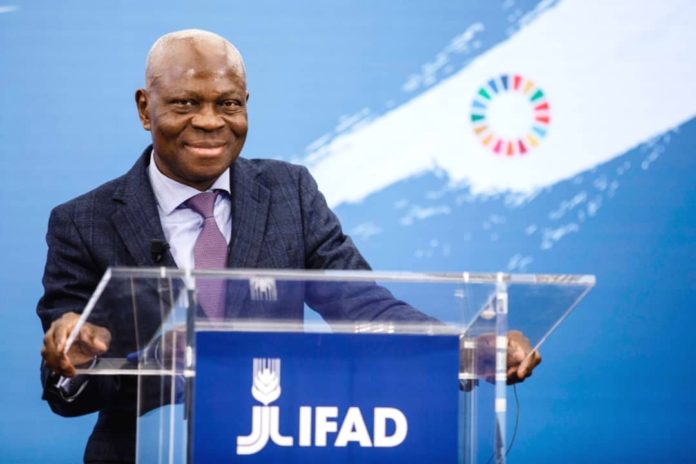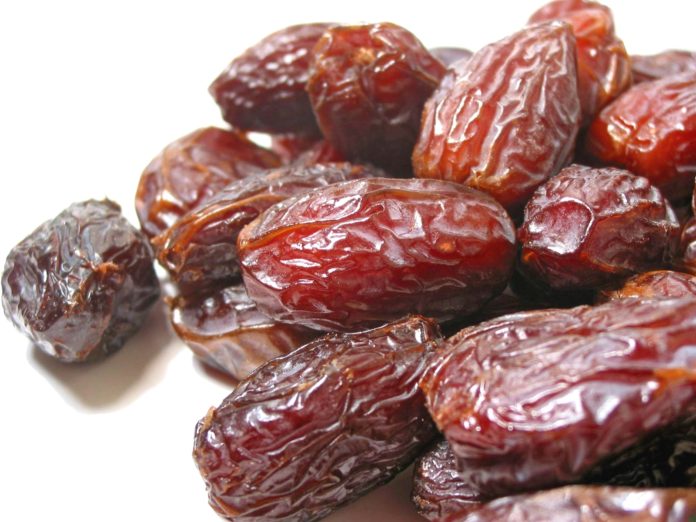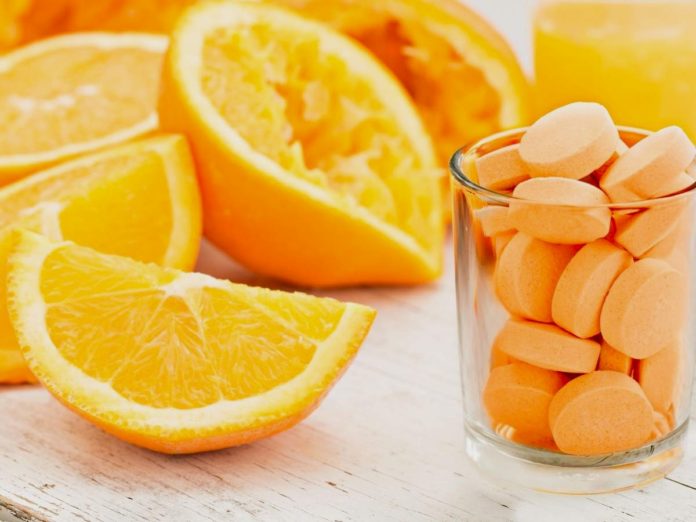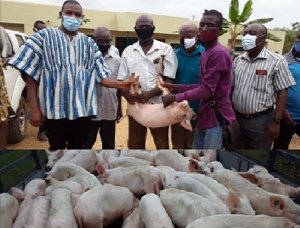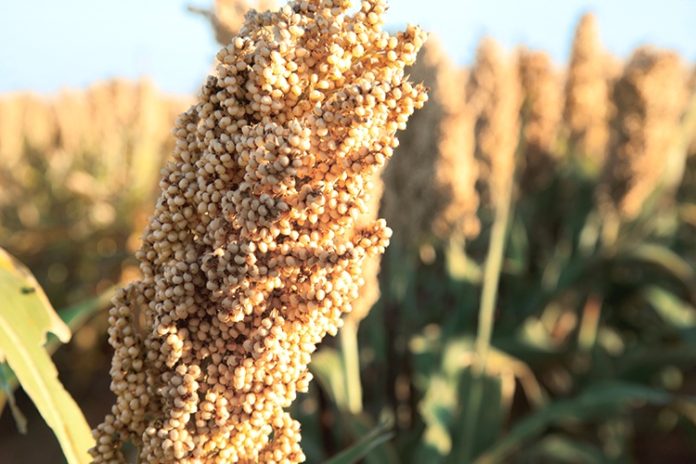Our immune systems are the basis of our health, which of course plays a big role when it comes to our overall wellness and happiness. The immune system’s complex network of organs, cells, and molecules protects us from anything foreign and potentially harmful, such as viruses, bacteria, cancer cells, toxic chemicals, and more.
Through a process called the immune response, this system attacks invading organisms and substances as they enter the body and work to inflict disease. Especially important are the white blood cells produced and stored in the spleen, bone marrow, and other sites. They circulate through the body and spring into action to destroy potentially harmful foreign invaders — and then remember those invaders so they can guard against them in the future.
Your immune system likely needs to be boosted and you are the only one who can do it. Things like stress, foods high in saturated fat, alcohol, and skipping exercise can all weaken this key part of the body that helps fight off infection and keep you healthy.
Be Proactive When It Comes to Cold and Flu Prevention.
Whether or not you find yourself under the weather has a lot to do with the actions you take to keep from getting sick. To be more proactive about warding off viruses:
Get a flu shot! The flu vaccine has been proven to reduce the risk of flu, potentially make symptoms milder if you do get sick, and reduce the risk of a hospital trip for the flu, according to the CDC. The vaccine is also important for individuals who may be more vulnerable to getting sick — or may have a tougher time recovering from a cold or flu, like women who are pregnant, older adults, and individuals with certain chronic health problems.
Wash your hands: Stop germs in their tracks. Remember: wet, lather, scrub, rinse, and dry. Practice it frequently throughout the day to prevent the spread of diarrhea and respiratory disease, too.
Take Vitamin D: Vitamin D is known to play an important role in keeping your immune system operating at its best. Our bodies make the vitamin naturally when the skin is exposed to sunlight. But if you’re not getting a lot of time outside (due to winter weather or other reasons), research suggests that taking vitamin D supplements can help to lower your chance of catching a cold or the flu.
Get a Good Night’s Sleep Every Night.
In a holiday swirl? Pulling an all-nighter won’t help. You need seven to nine hours of sleep. Period. (That’s according to guidelines from the National Sleep Foundation.) A growing body of research shows that not getting enough sleep has an immediate (and long-term) effect on how well the cells in your immune system actually function. That means not getting enough sleep could make you more likely to get sick. Here are a few tips to sleep better tonight:
Make sure your room is as dark as it can be. Get light-blocking curtains for your windows and cover digital clocks that may give off extra light.
Sleep in a cool room. The National Sleep Foundation recommends setting your thermostat for between 60 and 67 degrees Fahrenheit.
Turn in and wake up at the same times each day. A routine sleep schedule makes it easier for your body to accomplish important nighttime functions and improves sleep quality.
Turn off all electronics at least an hour before bed. The light that comes from devices like phones, laptops, and TVs actually sends signals to the brain to stop releasing melatonin (the hormone that makes you feel sleepy) when it otherwise naturally would.
Make Healthy, Nutritious Food and Drink Choices.
Making healthy, nutritious food choices can give your immune system a big boost. And conversely, making unhealthy food choices can hamper immune function. Here are a few superfoods with extra immune-boosting potential:
Garlic. This pungent bulb is an immune system powerhouse. Garlic can boost the number of virus-fighting T-cells in your bloodstream, help mediate your body’s response to stress, and more.
Whole grains Quinoa, oats, and other whole grains are high in complex carbohydrates, which provide fiber. As fiber breaks down, its by-products support healthy gut microorganisms that defend against viruses, fungi, and parasites. A study published in the March 2017 issue of the American Journal of Clinical Nutrition found that adults who consumed diets rich in whole grains had improved immune function compared with adults who consumed diets with more refined grains.
Yogurt. Opt for yogurt with live cultures, such as bifidobacteria and lactobacilli, which have been shown to help the healthy bacteria in our intestines flourish, according to a review article published in March 2013 in Critical Reviews in Food Science and Nutrition. This “gut flora” benefits us by zapping disease-causing organisms, optimizing digestion, and manufacturing certain vitamins to protect against diarrhea, asthma, and inflammatory bowel disease.
Make Time for Exercise.
Regular exercise helps keep our immune system running by supporting overall health and wellness. And newer research suggests that exercise also boosts immune function specifically by improving circulation, relieving stress, promoting “good” bacteria in the gut, and more, according to a review article published in the February 2016 issue of the journal Immunology and Cell Biology.
That doesn’t mean you have to run marathons every day in December to stay well (in fact, that same Immunology & Cell Biology review concludes that too much intense exercise can actually be harmful to our immune systems). Aim for just more than 20 minutes of some physical activity every day to clock 150 minutes each week (the amount recommended by the American Heart Association and other health organizations for optimal health).
Enjoy Family and Friends.
Over the past decade, several scientific studies have been done on how supportive family relationships and social interactions lower stress, make us happy and also boost our immune system. Conversely, loneliness and negative social interactions have been shown to increase stress and hurt our health, according to a review published in the January 2016 issue of the Proceedings of the National Academy of Sciences. Make it a point to spread good cheer during this holiday season and make time for the people in your life — and the positive results will return to you in health spades.
Source: everydayhealth.com


